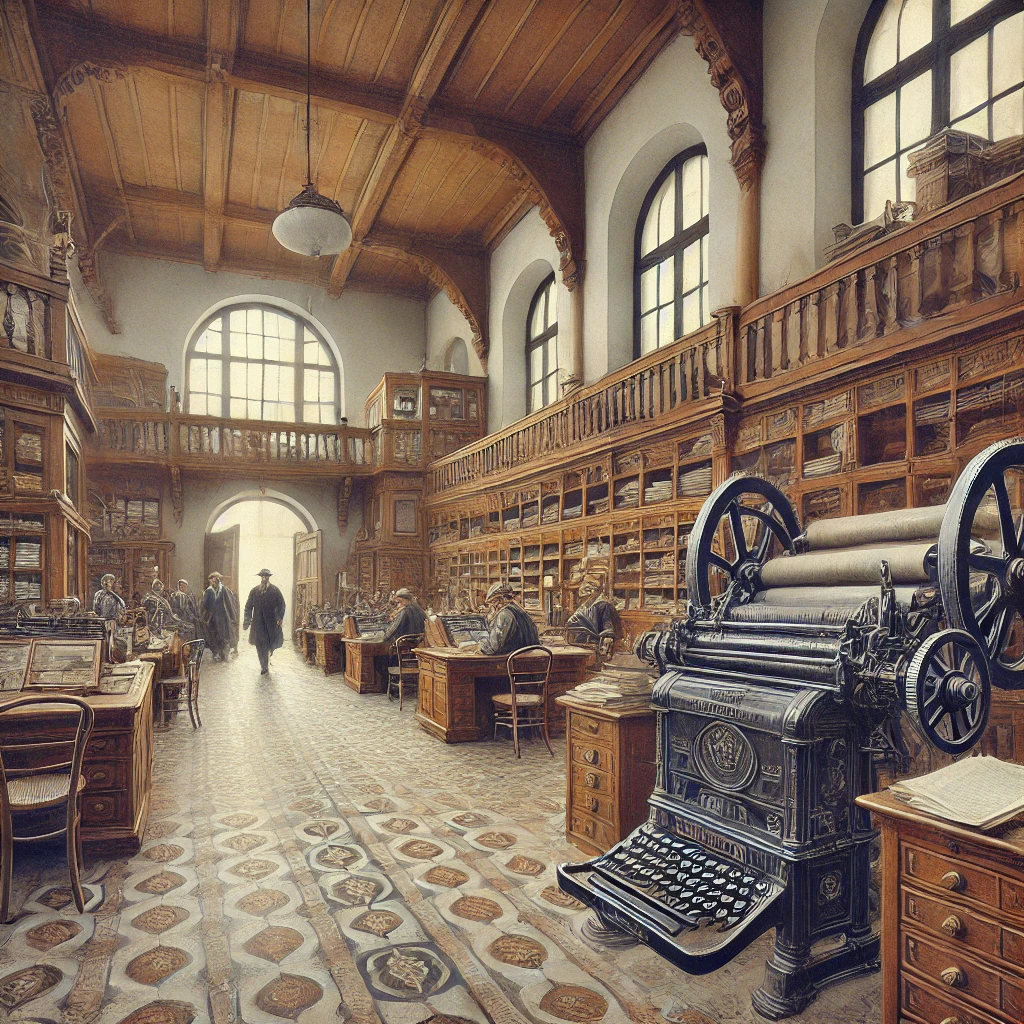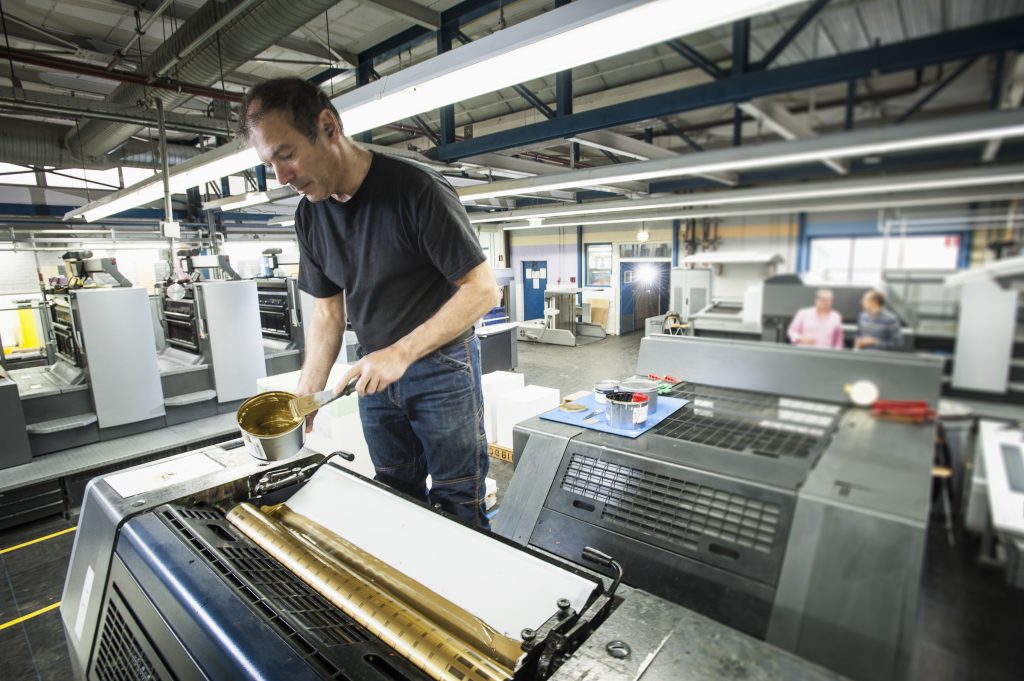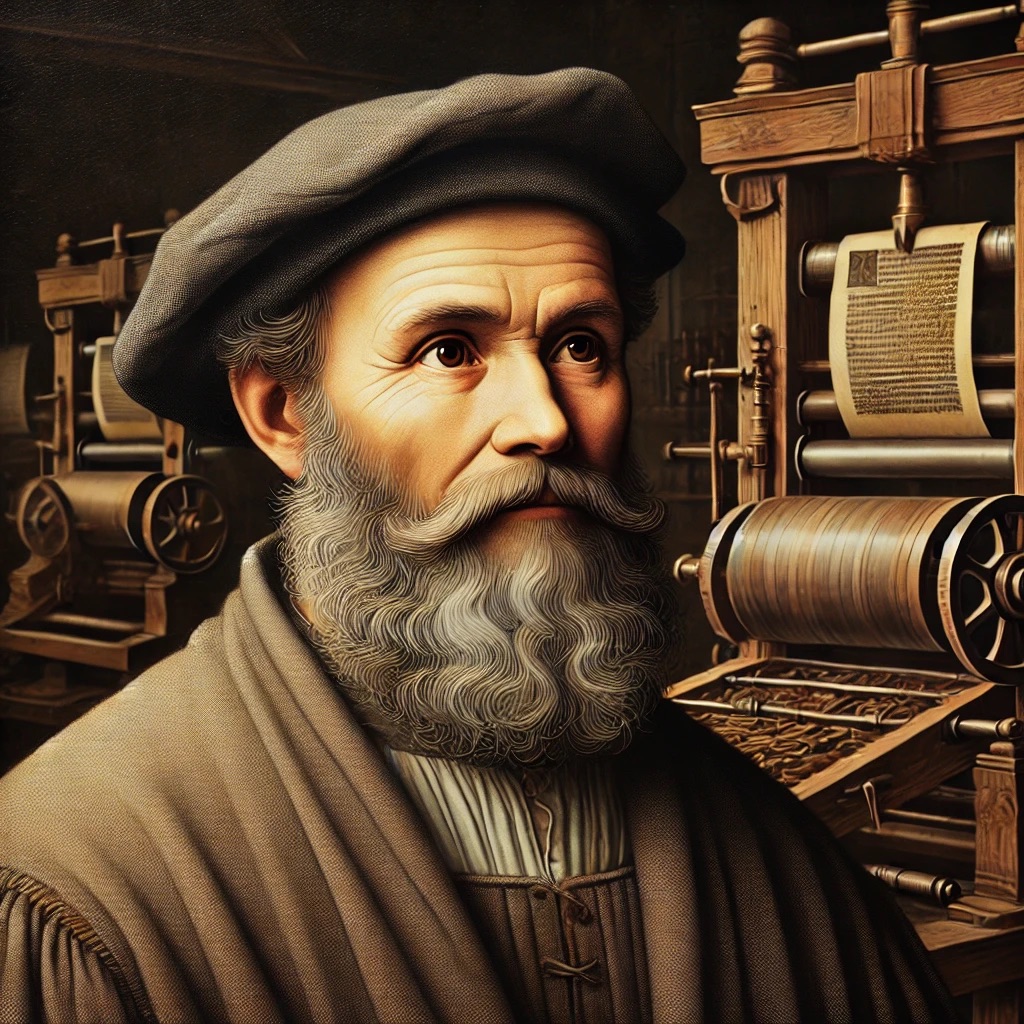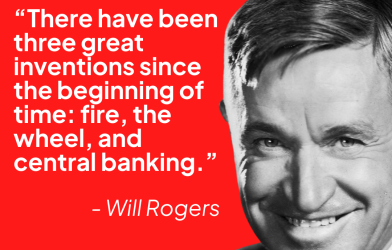The invention of the printing press in the mid-15th century by Johannes Gutenberg stands as one of the most transformative innovations in human history. This remarkable device revolutionized the way information was disseminated, breaking the barriers of time and space and paving the way for the modern era of communication. The printing press not only democratized knowledge but also played a crucial role in shaping the Renaissance, the Reformation, and the Scientific Revolution.
Before the printing press, books were painstakingly copied by hand, a laborious process that made them rare and expensive. Gutenberg, a German goldsmith and inventor, recognized the need for a more efficient method of producing books. Around 1440, he developed a movable type printing press, which allowed individual letters and characters to be arranged and rearranged on a page. This innovation enabled the mass production of texts, dramatically reducing the cost and time required to produce books.

Gutenberg’s most famous work, the Gutenberg Bible, was completed in the 1450s. It was the first major book printed using movable type in the West, and it demonstrated the potential of the printing press to produce high-quality, uniform texts. The Gutenberg Bible’s impact was immediate and far-reaching, as it made religious and scholarly works more accessible to a broader audience.
The printing press quickly spread across Europe, with printing centers emerging in cities like Venice, Paris, and London. The rapid proliferation of printing presses led to an explosion in the availability of books and other printed materials. By 1500, it is estimated that over 20 million books had been printed, covering a wide range of subjects, including religion, science, literature, and politics.
The spread of printed materials facilitated the exchange of ideas and knowledge, breaking down regional and cultural barriers. It allowed scholars to share their discoveries and collaborate more effectively, accelerating the pace of intellectual and scientific progress. The printing press also played a crucial role in the standardization of languages and the development of national literatures.
The printing press had a profound impact on society and culture. It democratized knowledge by making books more affordable and accessible to the general public. Literacy rates began to rise, as more people gained access to educational materials. The availability of printed texts also fostered critical thinking and the questioning of established authority, as individuals could now explore new ideas and perspectives.

One of the most significant impacts of the printing press was on the Protestant Reformation. Martin Luther’s Ninety-Five Theses, published in 1517, spread rapidly thanks to the printing press, igniting a religious movement that challenged the Catholic Church’s authority. The press allowed for the widespread distribution of religious pamphlets, treatises, and translations of the Bible, which were instrumental in shaping the Reformation and its aftermath.
The invention of the printing press marked the beginning of a new era in human history. It revolutionized communication, education, and culture, laying the foundation for the modern information age. The press enabled the mass production of books, making knowledge more accessible and fostering the spread of ideas. Its impact can be seen in the Renaissance’s cultural and intellectual flourishing, the Reformation’s religious transformations, and the Scientific Revolution’s advances.

Today, the legacy of the printing press lives on in the digital age. While the technology has evolved, the fundamental principles of mass communication and information dissemination remain the same. The printing press reminds us of the power of innovation to transform society and the importance of accessible knowledge in shaping our world.
Johannes Gutenberg’s invention of the printing press was a turning point in history. It democratized knowledge, accelerated the spread of ideas, and reshaped society in profound ways. The printing press stands as a testament to human ingenuity and its enduring impact on the world.














